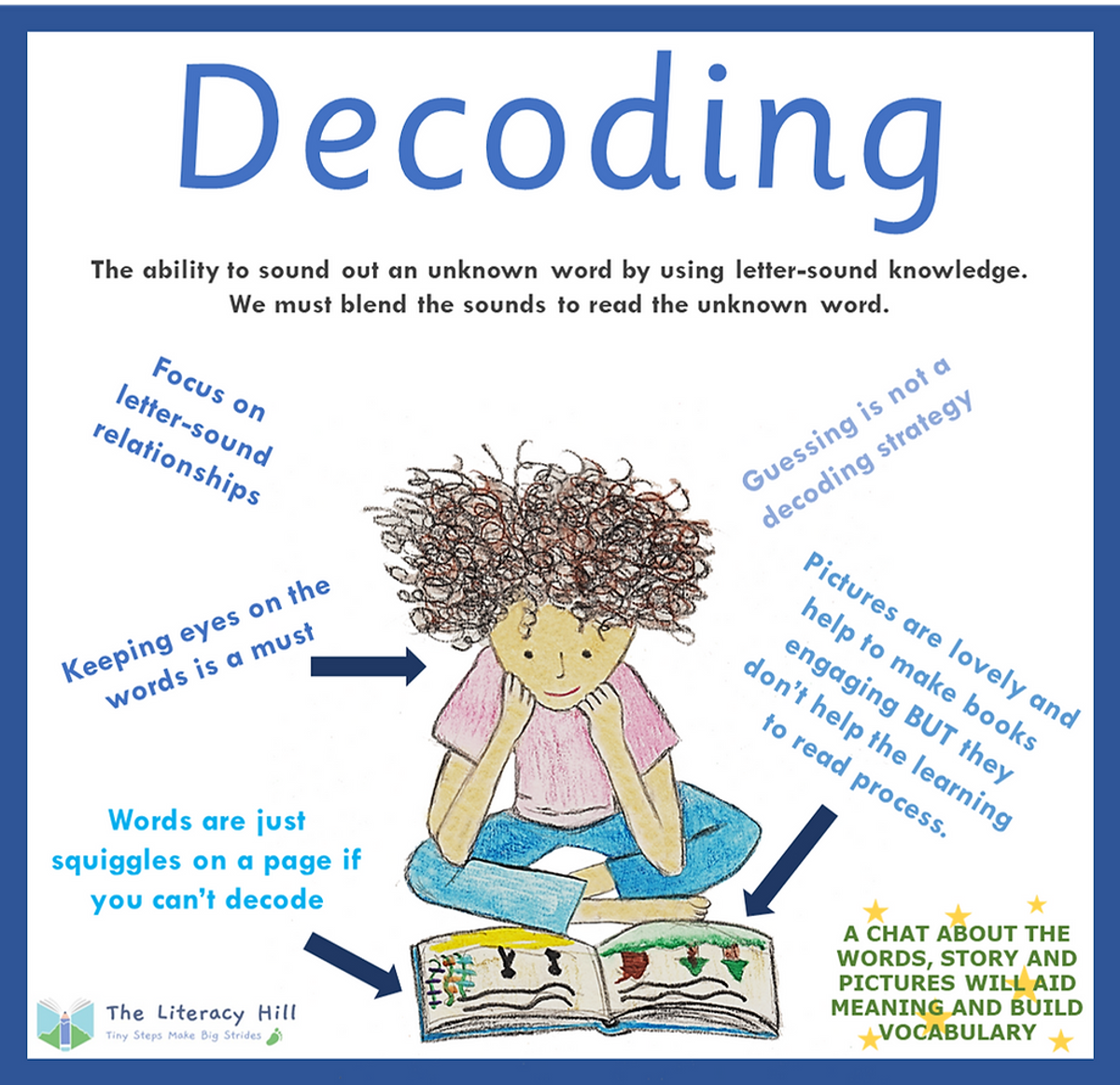English News
Mr Nick Criniti - Coordinator

English News
Mr Nick Criniti - Coordinator
Dear Parents and Guardians,
At St Francis Xavier, we are committed to building strong literacy foundations for all our students. One of the most critical early reading skills is decoding—the ability to recognise and sound out words accurately. As part of our school’s literacy program, we use InitiaLit from Macquarie University, a research-based approach that focuses on essential literacy skills, including decoding.
Here are a few practical ways to enhance decoding skills at home:
Phonemic awareness: The ability to hear and manipulate sounds in words is key to decoding. You can help by practising with your child:
Decodable texts are a fantastic tool for reinforcing decoding skills. These books contain words that follow phonetic patterns your child has learned. Sit with your child and read these books together, encouraging them to sound out unfamiliar words.
Segmenting is breaking a word into its individual sounds. For example, in the word "ship," there are three sounds: /sh/ /i/ /p/. Practising this skill helps children understand how words are constructed, making decoding easier.


At home, use word lists and sounds that align with what is taught in InitiaLit. Short, daily practice sessions can strengthen your child’s recognition of letter-sound patterns and improve their decoding ability.
God Bless,
Nick Criniti
Coordinator